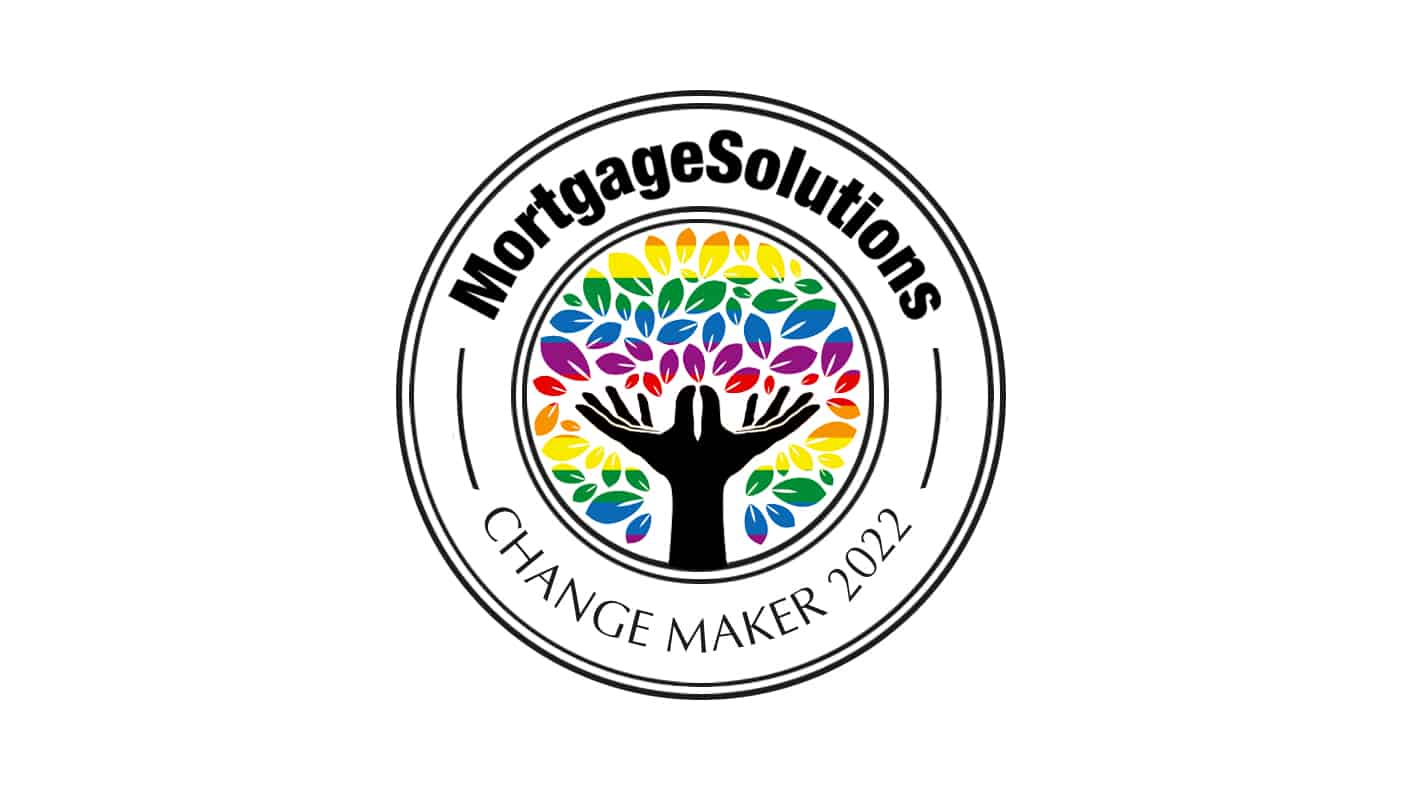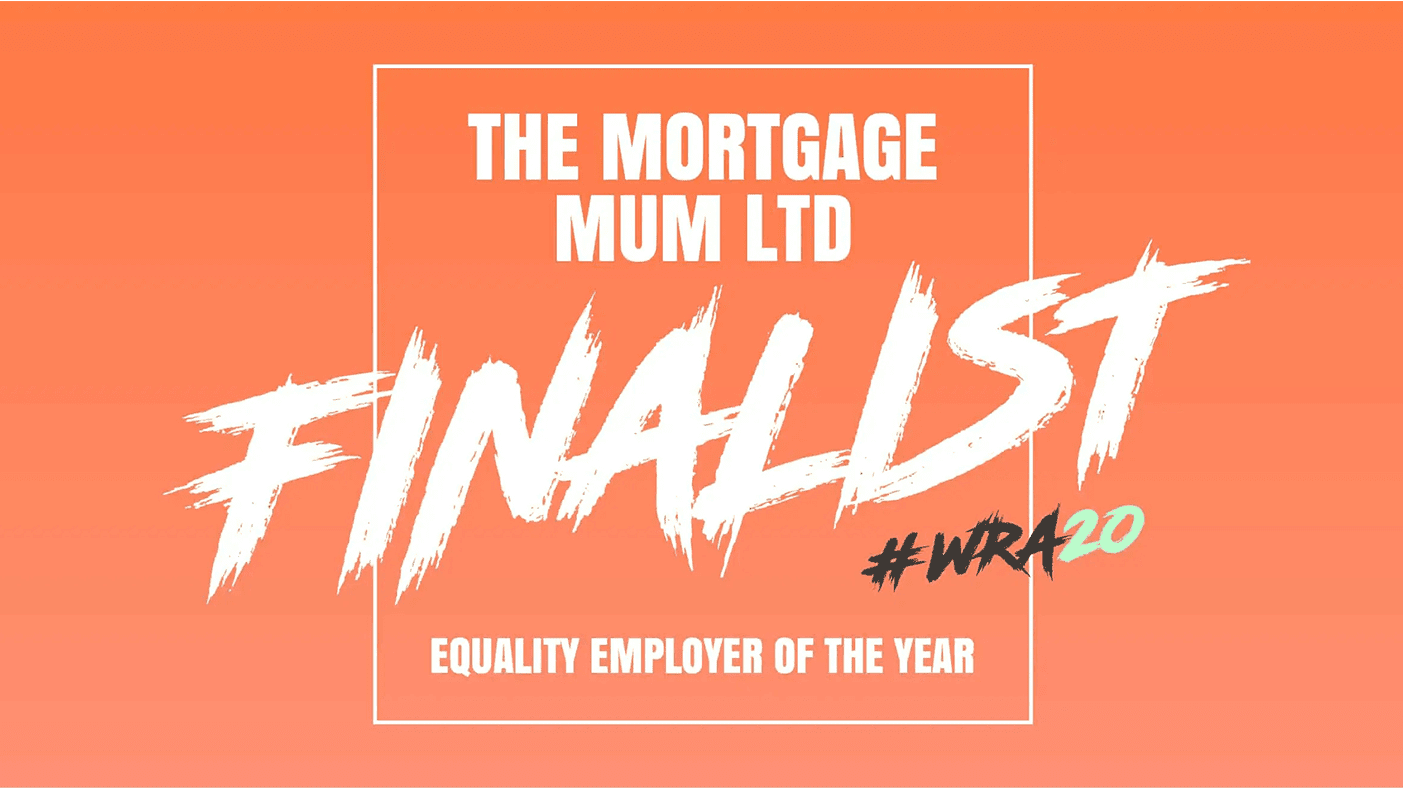As we get older, we may find ourselves facing the challenges of caring for our elderly loved ones. It
can be a daunting and emotional time for everyone involved, especially when considering the costs
associated with care. While many may consider moving their loved ones into a care home, there is
an alternative option that can provide both financial and emotional relief which is releasing equity
from your home using a lifetime mortgage. In this article, we’ll explore how a lifetime mortgage can
help with the costs of caring for an elderly person in their home, rather than going into a care home,
and what happens when there are two people on the mortgage, and one dies or goes into long-term
care.
The Costs of Care: Understanding the Financial Burden
When it comes to caring for an elderly loved one, the costs can quickly add up. Depending on the
level of care needed, costs can range from a few hundred pounds to several thousand pounds per
week. Some of the most common costs associated with care include:
- Home modifications: Many elderly individuals require home modifications to accommodate mobility
issues, such as wheelchair ramps or bathroom modifications. - Caregiver expenses: If you choose to hire a caregiver to provide in-home care, you’ll need to factor
in their hourly or daily rate. - Medical expenses: Depending on the health of your loved one, medical expenses such as
prescriptions, equipment, and doctor visits can quickly become a financial burden if not covered on
the NHS. - Day-to-day expenses: From groceries to utilities, the cost of day-to-day living can add up, especially if your loved one requires special dietary needs or additional supplies.
Considering these costs, it’s no wonder that many families struggle to provide the care their loved
ones need while also maintaining their financial stability.
The Cost of Care Homes – V – In Home Care
There are several types of care available for elderly individuals, including residential care homes,
nursing homes, and in-home care. The costs of these care options vary depending on several factors,
including the level of care required, the location, and the quality of care.
According to Age UK, on average, it costs around £800 a week for a place in a care home and £1,078
a week for a place in a nursing home. However, these are average figures – individual care homes
may charge more or less.
More information about Paying for Residential Care can be found here on the Age UK website.
The Benefits of In-Home Care
Choosing in-home care for your loved one offers several benefits over moving them into a care
home. Firstly, your loved one will be able to remain in the comfort and familiarity of their own
home, maintaining their independence and sense of dignity, which can be comforting and
reassuring.
In-home care also offers a more personalised approach to care, as it can be tailored to the specific
needs of your loved one. Additionally, it can help to alleviate the emotional burden of moving to a
new environment, which can be especially difficult for those with deteriorating mental health.
In-home care can also be more cost-effective than a care home, especially if your loved one requires
specialised care that can be costly in a care home setting. By opting for in-home care, you can
choose the level of care your loved one needs while keeping costs manageable.
How a Lifetime Mortgage Can Help
One of the biggest advantages of a lifetime mortgage is that it allows you to release equity from your
home, providing a lump sum or regular income to help cover the costs of care. Unlike a traditional
mortgage, a lifetime mortgage does not require monthly repayments, and the loan is typically repaid
when the borrower sells their home or passes away.
By releasing equity from your home, you can help to cover the costs of in-home care, such as home
modifications or caregiver expenses, without having to dip into your savings or investments. This can
provide peace of mind, knowing that you can provide the care your loved one needs without putting
your own financial future at risk.
What Happens When There are Two People on the Mortgage?
If there are two people on the mortgage and one dies or goes into long-term care, the lifetime
mortgage will continue until the surviving borrower also passes away or goes into long-term care. At
this point, the loan will be repaid from the sale of the property. If there is equity left over after the
loan is repaid, it will be passed on to the borrower’s estate.
It’s important to note that the amount of equity released will depend on a variety of factors, such as
the age and health of the borrowers, the value of the property, and the interest rate of the lifetime
mortgage. It’s essential to consult with a Later Life Lending specialist to understand the implications
of taking out a lifetime mortgage.
Another important consideration is that taking out a lifetime mortgage will reduce the amount of
equity in the home. This could impact the ability to sell the property in the future, as well as the
amount of inheritance left to loved ones or beneficiaries. However, lifetime mortgages offer a no
negative equity guarantee, which means the borrower will never owe more than the value of the
property, even if the loan amount exceeds the property value.
Can a Power of Attorney apply to Release Equity in the Home?
A Power of Attorney can be an invaluable tool in helping an elderly person access the equity in their
home. This legal document allows the donor to appoint someone they trust as an attorney to act on
their behalf, making financial decisions, including those related to the sale or refinancing of a
property. This can be particularly helpful when navigating the process of applying for a lifetime
mortgage.
The attorney can also help the donor manage the proceeds of the loan, for instance using the
release funds to pay for their care needs, and ensuring the funds are used in a way that benefits
their financial situation. It’s important to note that a Power of Attorney should only be used with the
donor’s best interests in mind and that the attorney should act in accordance with the donor’s
wishes. Seeking the advice of a qualified legal professional can help ensure that the process is
handled properly and that the donor’s wishes are respected.
Conclusion
Caring for an elderly loved one can be emotionally and financially challenging, but it doesn’t have to
mean giving up financial stability. Releasing equity from the home using a lifetime mortgage can
provide a way to cover the costs of in-home care while allowing your loved one to remain in their
familiar surroundings.
Before taking out a lifetime mortgage, it’s important to understand the implications of this type of
loan and to consult with a financial advisor or a mortgage broker. By doing so, you can make an
informed decision that meets the needs of both you and your loved one.
At The Mortgage Mum, we understand the importance of finding the right financial solution for you and your family. Our team of experienced Later life Lending Advisers can help you navigate the world of lifetime mortgages and find the right product for your unique needs. Contact us today to learn more.
To get started, simply visit our Later Life Lending Enquiry page and fill out the form. One of our advisers will be in touch shortly to schedule a consultation at a time that suits you.
Find out more about Later Life Lending and contact our Later Life Lending team here.
You can also follow our Later Life Lending team on Instagram, Facebook and LinkedIn for regular news and updates.
Photo by Thirdman / Pexels

























































